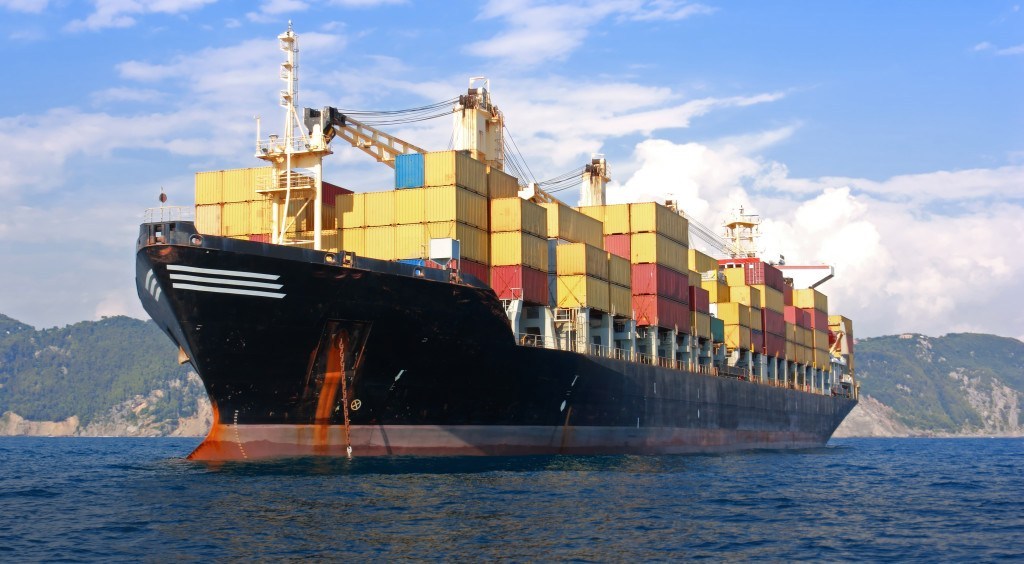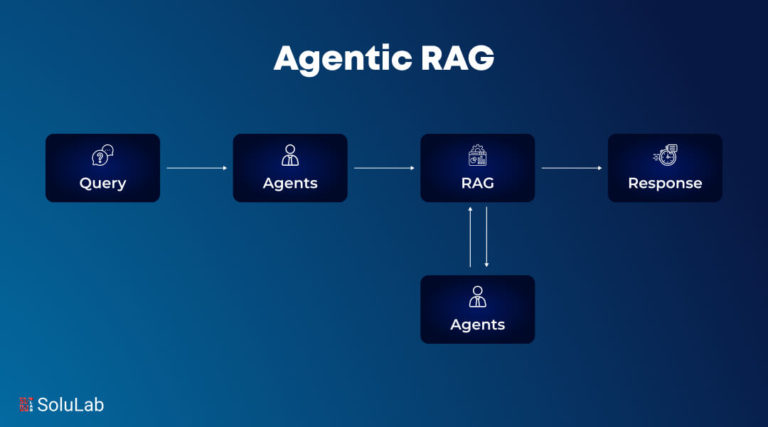Despite the advancements and innovations in technologies, there are industries that still rely on the traditional processing of information, operations, and transactions. The shipping maritime industry is one of those that still rely on traditional documentation and contract agreements to handle supply chain and transportation. However, the maritime industries face a lot of global challenges with traditional processes. Well, blockchain technology is entering this industry. Let’s decode how blockchain for maritime industry can create wonders.
Blockchain for Maritime Industry And Shipping
Some of the existing challenges include lack of employees, new legal regulations, security risks due to cyber-attacks, an increase in the cost of materials acquiring and increased competitiveness. Due to paper documentation, getting details such as delivery schedules, tracking shipping status, etc. were extremely hard. The increase in digital threats and vulnerabilities has led the maritime industry to thrust itself to hire blockchain development companies and adopt blockchain for shipping.
How Blockchain Has Revolutionized Maritime Industry?

Self-executing smart contracts for automation
In addition to the decentralized Distributed Ledger Technology (DLT), blockchain also provides smart contracts. These smart contracts are computerized, programmed digital contracts that monitor agreements between parties in real time, control the generation of digital letter of credit, unmodified billing of cargo shipment, etc. Thus, instant validation and automatic execution of operations are highly possible.
Reduction and elimination of paper documentation
Reduction in the requirement of paper documentation is considered to be one of the promising changes that blockchain brings to the maritime industry. Paperless transactions are not only eco-friendly but also supports digital storage of information and data. This ensures transparent and secured transactions, payments, quicker data retrieval, and data exchanges. Maritime industry can now say goodbye to challenges in tracking shipments due to piled up paperworks.
Get real-time updates in shipment tracking
As blockchain is digital and does not require paperwork, all data is stored using smart contracts or digital ledgers online. Thus, the transfer of data is seamless between intermediaries and also between enterprises involved in maritime transport. Exchange of information is instantaneous and every programmable code used by blockchain enhances automation and this provides real-time access to the digital ledger.
Reduction in the cost of transportation and operation
As mentioned in the above ways in which blockchain will benefit the maritime industry, all of the account to a reduction in cost. Wonder how? For example, reduction in paper documentation allows paperless transactions. This means, there is no warehouse requirement or paper storage maintenance to keep records of data fresh and orderly. Instead, a digital ledger is enough for a lifetime to organize data for any purpose as the maritime industry see’s fit.
It also saves cost by protecting containers from loss or damage as well as ensures protection against digital theft while the containers are in transit.
Improved and enhanced security for digital protection
Despite the use of technologies, if the e-mailed documents and insurance files fall into the wrong hands. It can have a drastic damaging blow on the owner, customer as well as the maritime industry’s reputation, money, etc. With blockchain all such important data is encrypted and it adds an additional immutable layer of security with public or private key encryption based on the requirement.
This type of security enhancement protects data from being stolen, manipulated or modified because once a data is stored in the blockchain, it cannot be altered. With blockchain, it is also possible to auto-identify users and reduce fraudulent activities
Increase in compliance for cargo carriers
Maritime industry was once highly regulated but with different technology inventions, the standards started to fall apart leaving the maritime industry vulnerable to legal issues. With blockchain, the maritime industry finds it easier to operate in compliance with the standards set by various legal entities for Electronic Data Interchange (EDI). Today, e-commerce and online sale of products are driving the retail industry as well as the shipping industry at a huge scale.
Using blockchain for maritime industry ensures a reduction in the complexity of operations and simultaneously ensuring legal compliance with assured integrity.
Convenient accessibility to the market
Blockchain does not limit who should or who can create a node of their own to complete a transaction. Anyone and everyone can be part of the blockchain platform. Different parties can directly connect with each other without any delay or restriction and save time and cost in the process with blockchain. This also provides the maritime industry with an increase in competitive advantage and reduction in confusions caused due to a traditional intervention of middlemen.
On-time scheduled delivery
Smart contracts execute operations automatically with perfection and accuracy. The maritime industry does not have to worry about human errors. Tracking shipment and tracking the real-time location of customers to deliver at the right place at the right-time is highly possible with blockchain. This also reduces the requirement of manual labor and thus adding to the benefit of reduction in costs again.
Conclusion: Blockchain to increase the scalability of the maritime industry
Despite the benefits that blockchain brings to the maritime industry, it also has challenges of its own such as flexibility and global acceptance. But, these are challenges faced only because the technology is still fresh and in its baby stages. Various shipping conglomerates such as Mercuira, Societe Generale, state that adopting blockchain increases trading and helps in scaling up the shipping business.
An alliance between Maersk and IBM to use blockchain for shipping solutions is one other example that blockchain is revolutionizing the maritime industry even as you read at this very moment.




